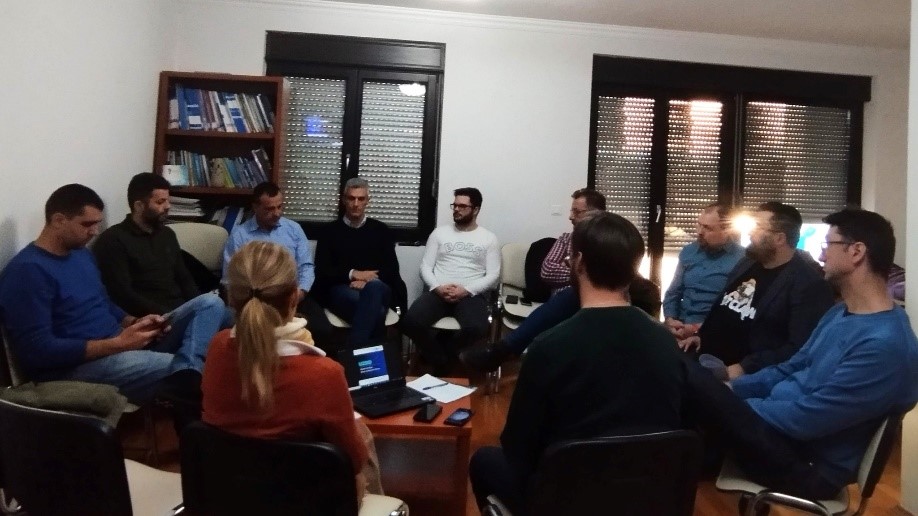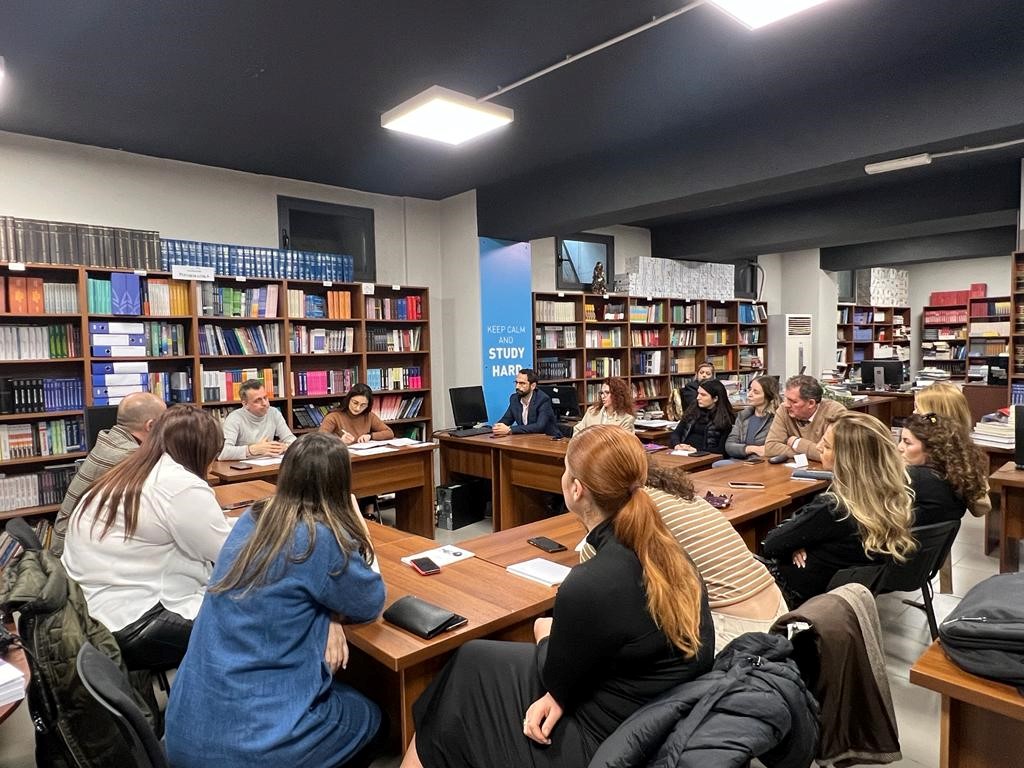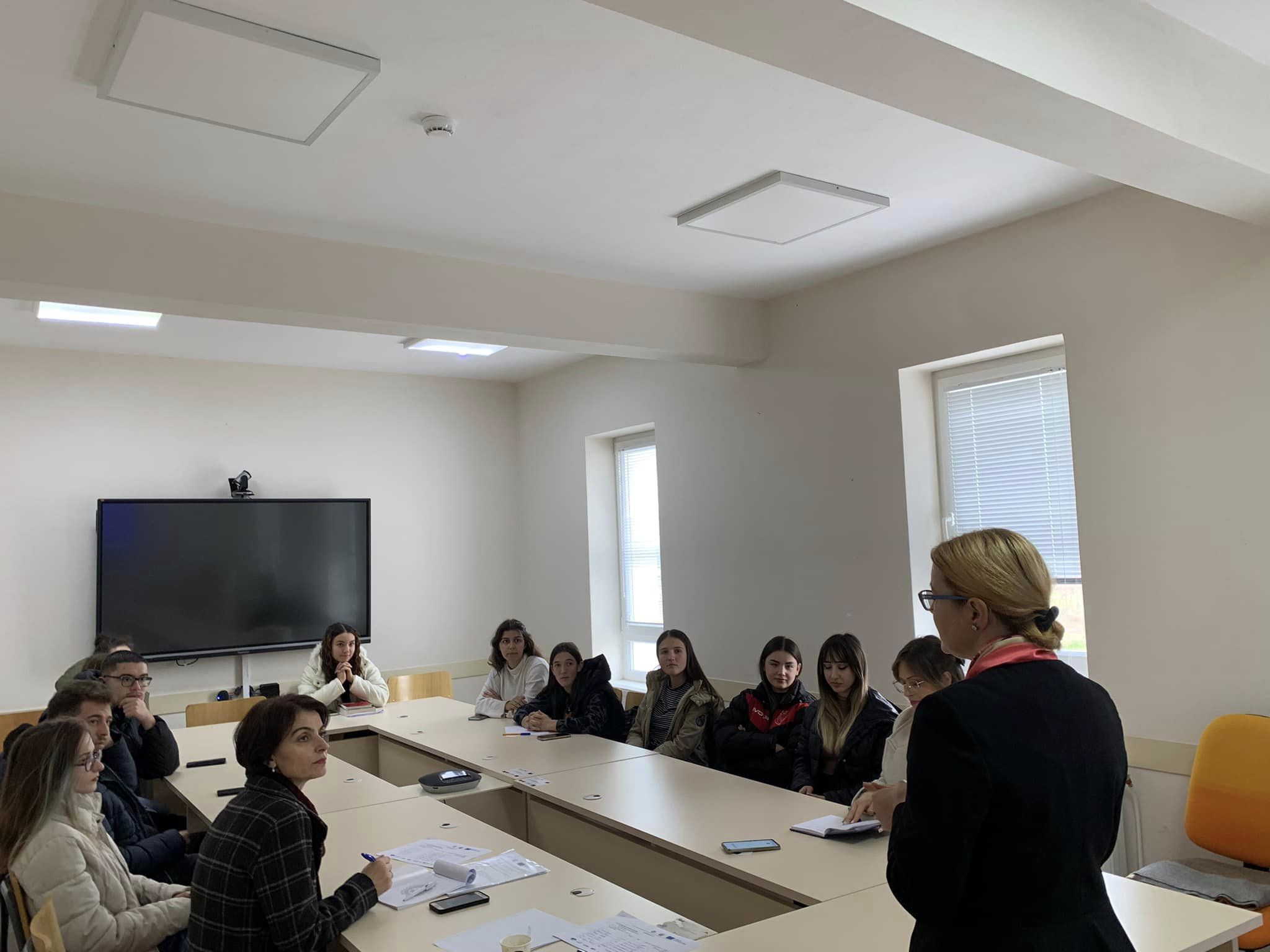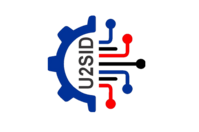Focus groups “Need Assessment of lecturers, students and stakeholders on digital literacies”
During the months of November and December, U2SID partner universities conducted focus groups with students, lecturers, and stakeholders on digital literacies, as part of the Need Assessment Survey Study on digital literacies, which will be used to develop the Digital Literacies Accelerator Programme and the Digital Transformation Challenge. The Need Assessment Survey has been launched by the project partner SCiDEV within the U2SID project, the team compiled the methodology and instruments, where the findings will be compiled in a final report with recommendations which will be published on the website and social media. SCiDEV methodology approach was both quantitative and qualitative. The qualitative instruments were focus groups discussions organized by University of Shkoder “Luigj Gurakuqi”, University “Fan.S.Noli” Korçë, Mediterranean University of Albania, and University of Montenegro , with lecturers, students and stakeholders. These discussions have informed the project team on experiences and specific circumstances that have shaped the understanding and use of digital literacies. A total of 12 focus groups were organized, 3 in each partner university, with a total of 146 participants: 54 students, 45 lecturers and 47 stakeholders.
Students: Students focus groups gathered data on their experiences, challenges and needs regarding digital skills, digital tools, AI, and Machine Learning in higher education. All partners ensured meaningful discussion and diversification of data selecting students from different study programs and both cycles Bachelor’s and Master’s. The discussions within the groups focused on various aspects of digital literacies, including students' proficiency in using digital tools, their online information evaluation skills, familiarity with digital resources, and any challenges they face in the digital landscape. Topics included online safety, ethical use of technology, and strategies for improving digital literacies. Even though the focus groups took place in different universities and there is a diverse array of answers and discussions there seems to be a consensus that they are familiar with many digital tools and use them in their study life such as office packet and online meeting tools as well as specific programs on e-learning. All students have shown their willingness to learn more and are interested in Digital Literacies training and they request that the trainings take place in a face-to-face setting with trainers and not online.
Lecturers: Lectures/Academic Researchers focus groups gathered data on their experiences, challenges, and needs related to digital literacies, digital tools, AI, and machine learning in both teaching and research domains. As in the students focus groups, lecturers who participated were from a diverse academic background and faculties. Topics covered included the current state of digital literacy among lecturers and how they integrate digital tools into their curriculum. Lecturers were queried about their familiarity with machine learning and e-learning platforms and how these platforms support their teaching and research processes. This approach helped identify challenges and opportunities associated with digitalization, particularly in adapting these platforms to accessible systems for students. Participants were further inquired about the types of professional development or training they would find beneficial in enhancing their proficiency with digital tools and AI in their professional endeavors. The consensus of these focus groups for the 4 universities was that there is a lack of necessary IT Logistics infrastructure, which is needed to provide digital support toward efficient teaching and research processes. All lecturers were interested in Digital Literacies Training, but as students, they would prefer for it to happen face to face not online.
Stakeholders: Stakeholders focus groups gathered data on enhancing digital literacy skills among academics and students to better prepare them for the demands of the contemporary digital landscape. Stakeholders came from different backgrounds such as banks, public institutions, non-profit organizations and enterprises, AI sector, startup companies, digital agencies, and NGO sector. During the group discussion stakeholders agreed that digital literacy is very important in education as a tool that can help students to acquire certain knowledge more easily, as well as to better prepare them for performing the right skills in their future profession. All of them agree that to increase digital literacy of students and professor, it is necessary to make some systematic change in educational system. Stakeholders are concerned that there is no effective use of digital literacy tools in universities. They suggest that they need to start training on Digital Literacies since primary school, there should be introduction and hands on experience with digital tools not just training, there should be improvement of infrastructure for all students and equal opportunities should be provided for all students. The most important is the need for collaboration among stakeholders, the university, and students as the best way to improve their digital literacy skills and prepare them for future work.










